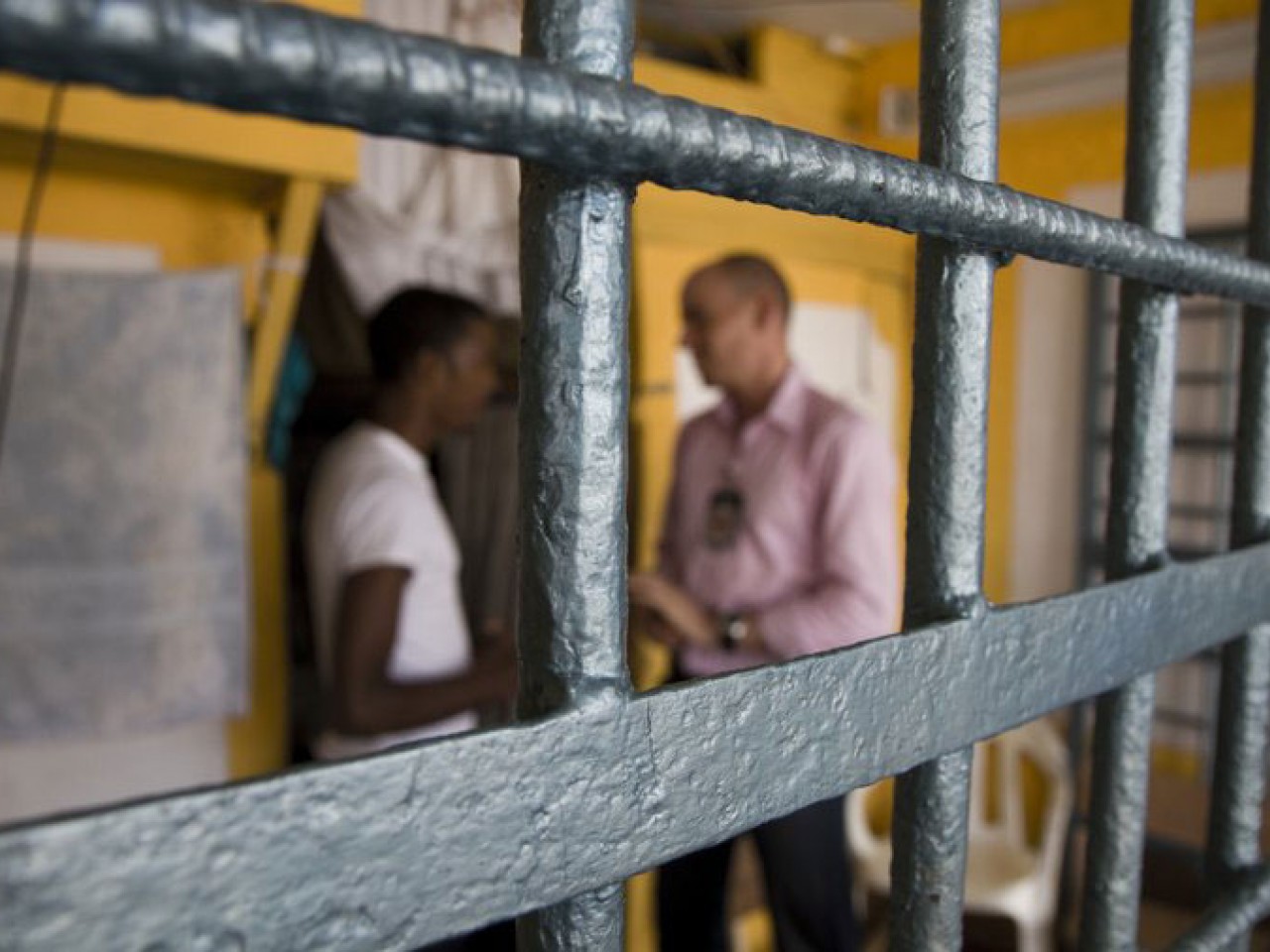RIO DE JANEIRO, BRAZIL – The International Committee of the Red Cross (ICRC) supports the vaccination campaign against covid-19 in prisons in Honduras, where it aims to immunize 20,635 people including prisoners and staff working in prisons, the humanitarian agency reported Wednesday.
So far, 15,424 prisoners have received the first dose of vaccines against the coronavirus in the Central American country, 797 prison officers, 75 militaries, 53 preventive police, and 175 health personnel working in prisons, according to figures detailed in a statement from the ICRC.
Read also: Check out our coverage on Honduras
The humanitarian organization said vaccination is “the great hope for ending” the SARS-CoV-2, which causes covid-19, but believes that a country’s efforts to mitigate the pandemic can “suffer if access to immunization is neither equitable nor universal.”

He stressed the importance of States contemplating in their vaccination plans the most vulnerable groups, such as those deprived of their liberty.
“Efforts to control the covid-19 pandemic in a country may fail if infection prevention and control measures are not implemented in places of detention,” said ICRC head of mission in Honduras, Karim Khallaayoun.
The International Committee of the Red Cross launched an awareness campaign to explain to prisoners and their families the importance of vaccination against covid-19.
The campaign consists of publishing videos and posters in Spanish, Miskito, Garifuna, and English on the importance of being vaccinated against the coronavirus.
“People deprived of liberty are more vulnerable to a coronavirus disease outbreak than the general population because they often live in overcrowded or poorly ventilated conditions, and also because of the difficulty of implementing preventive measures such as frequent hand washing or physical distancing,” Khallaayoun said.
PUBLIC HEALTH ISSUE
According to official information, the ICRC donated personal protective equipment to those vaccinated, logistically supported the deployment of the teams in Honduran prisons, and provided equipment to ensure the cold chain of the vaccines.
The vaccination of persons deprived of liberty is a matter of “public health for the general benefit of the population” since experience shows that prisons and similar environments can be “a source of infection, amplification and internal and external spread of infectious diseases”.
“Governments have a responsibility to provide care for people in prisons. Their status as deprived of liberty should not influence the decision as to whether they are worthy of life-saving care,” the ICRC senior representative emphasized.
He affirmed that everyone has the “right to access the vaccine: no one will be safe from the pandemic until everyone is vaccinated”.
According to official figures, Honduras has already had 301,700 infections and 7,962 deaths since the pandemic began to spread in the country in March 2020.

